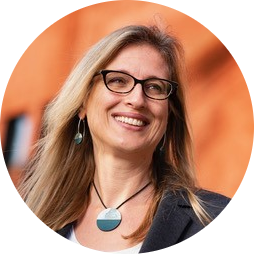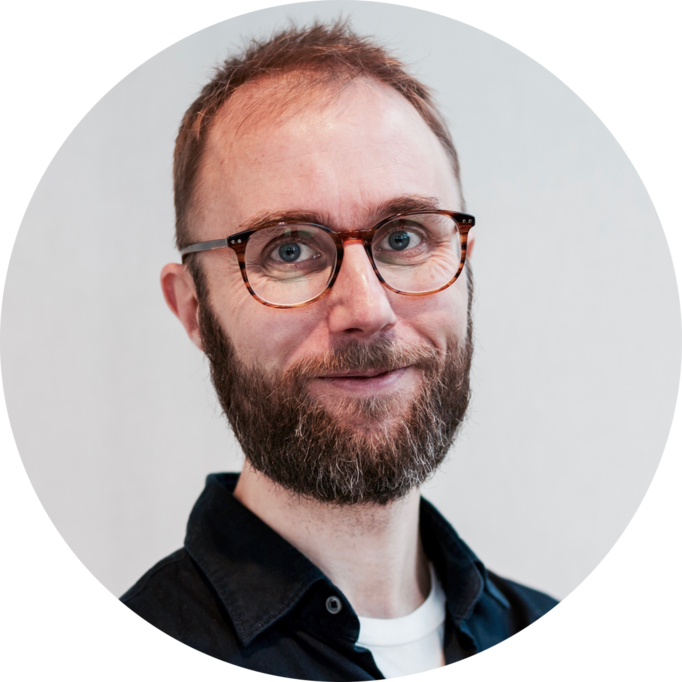Main lecturers

Gabriele Keller
Since writing her first functional program, an Emacs mode in Elisp, as a first year student, Gabriele has been fascinated by the concept of functional programming. Moving on to strongly typed languages like Haskell, she did her PhD on parallel functional programming. Since then, she has been active in the Haskell research community and has contributed to a number of Haskell high-performance libraries. She has been teaching programming language theory and practice at University of New South Wales, Sydney since early 2000.

Wouter Swierstra
Wouter first learned Haskell as an undergraduate in 1999 in Utrecht. After completing his degree, he went on to do a PhD about functional programming languages at the University of Nottingham. After a brief stint in industry and various post-doc positions, he is now an assistant professor at the University of Utrecht.